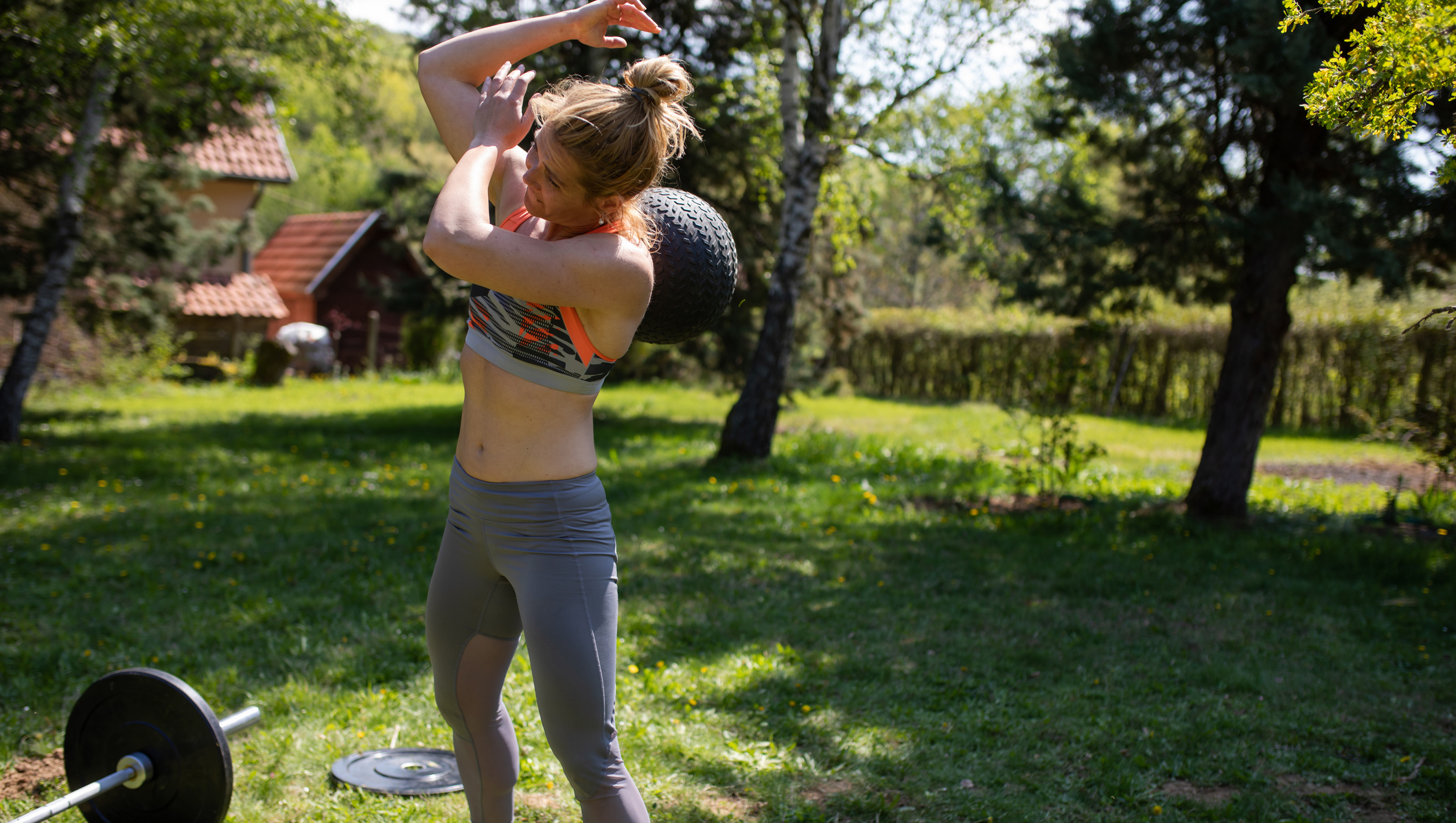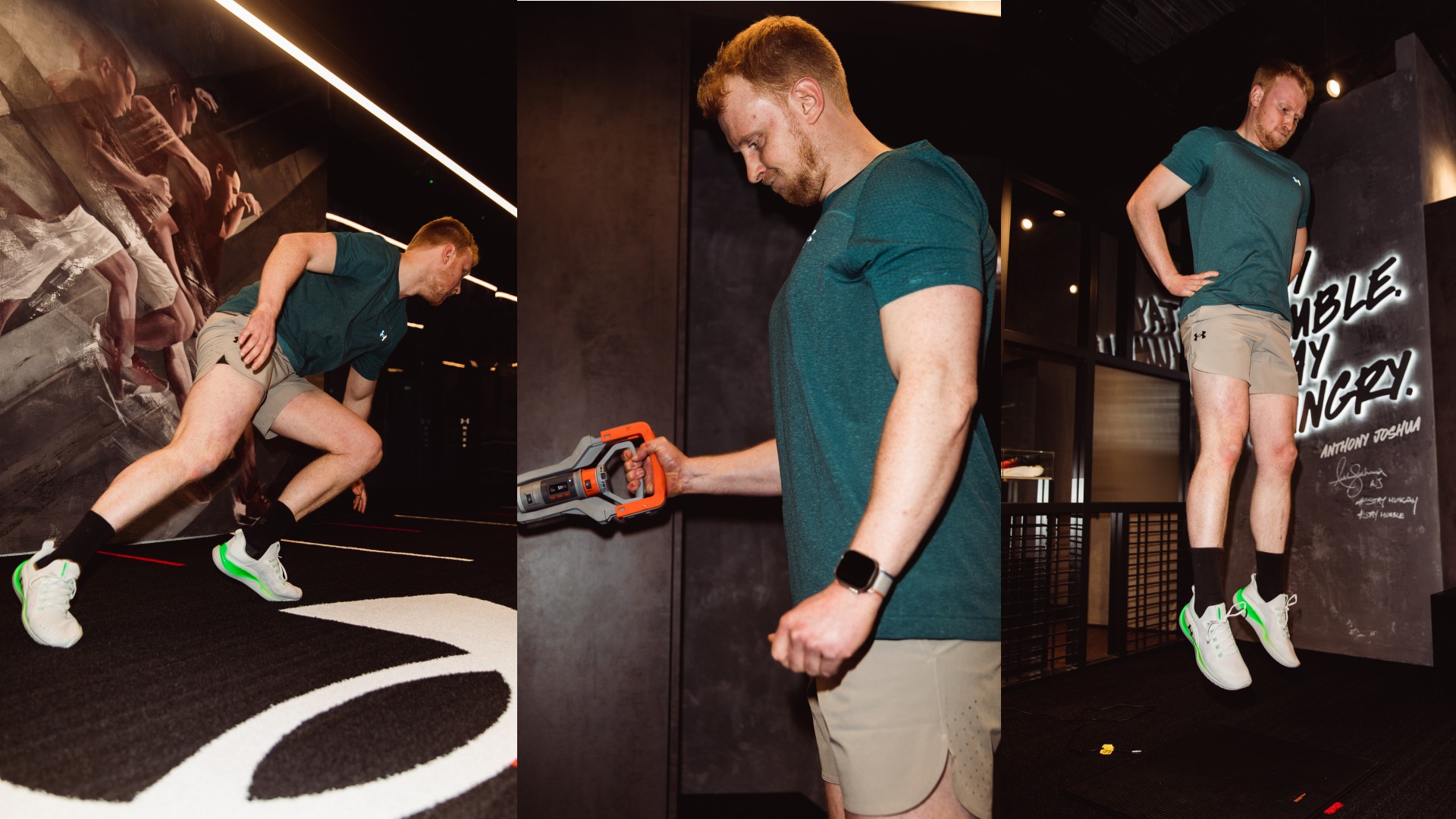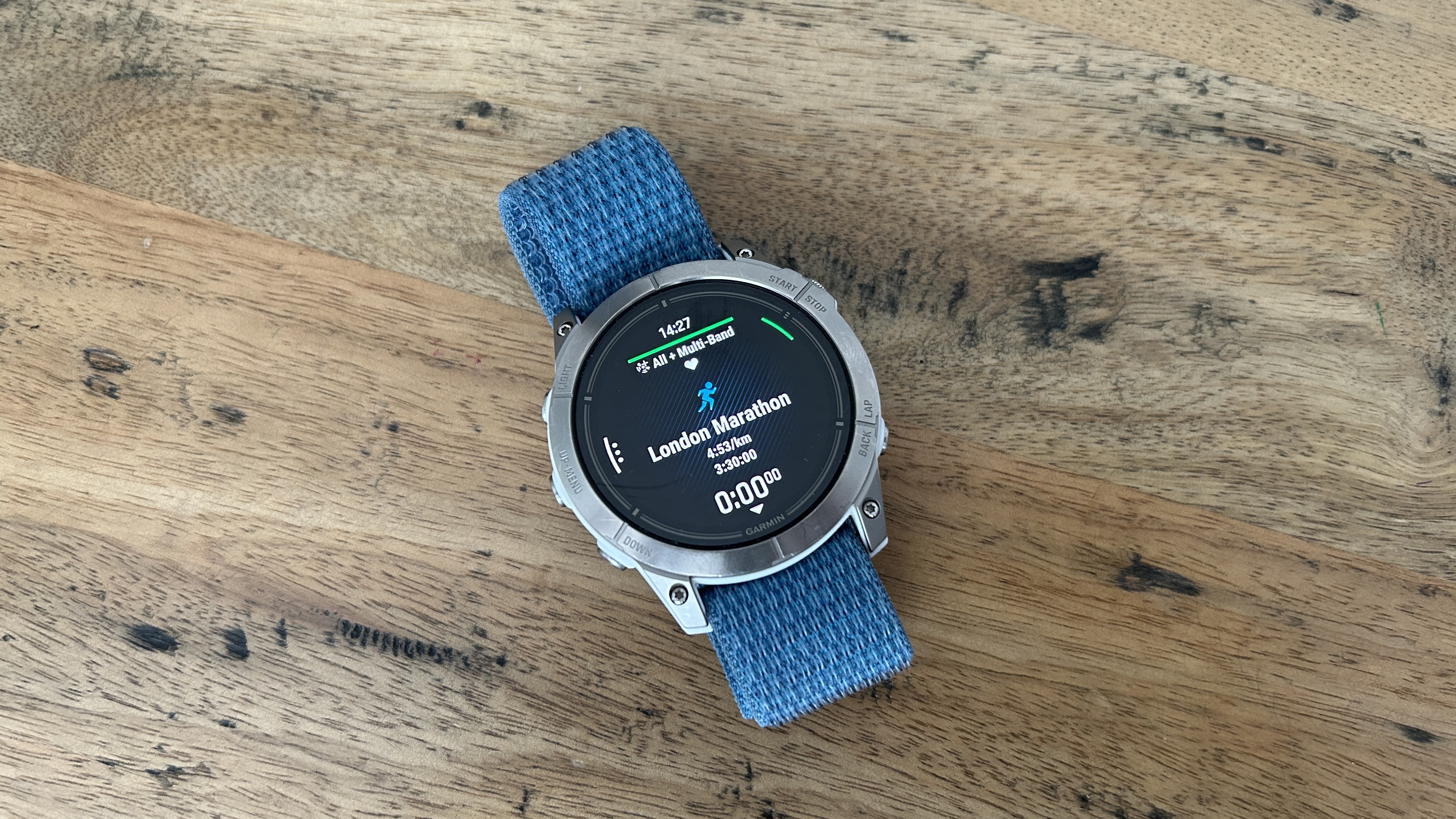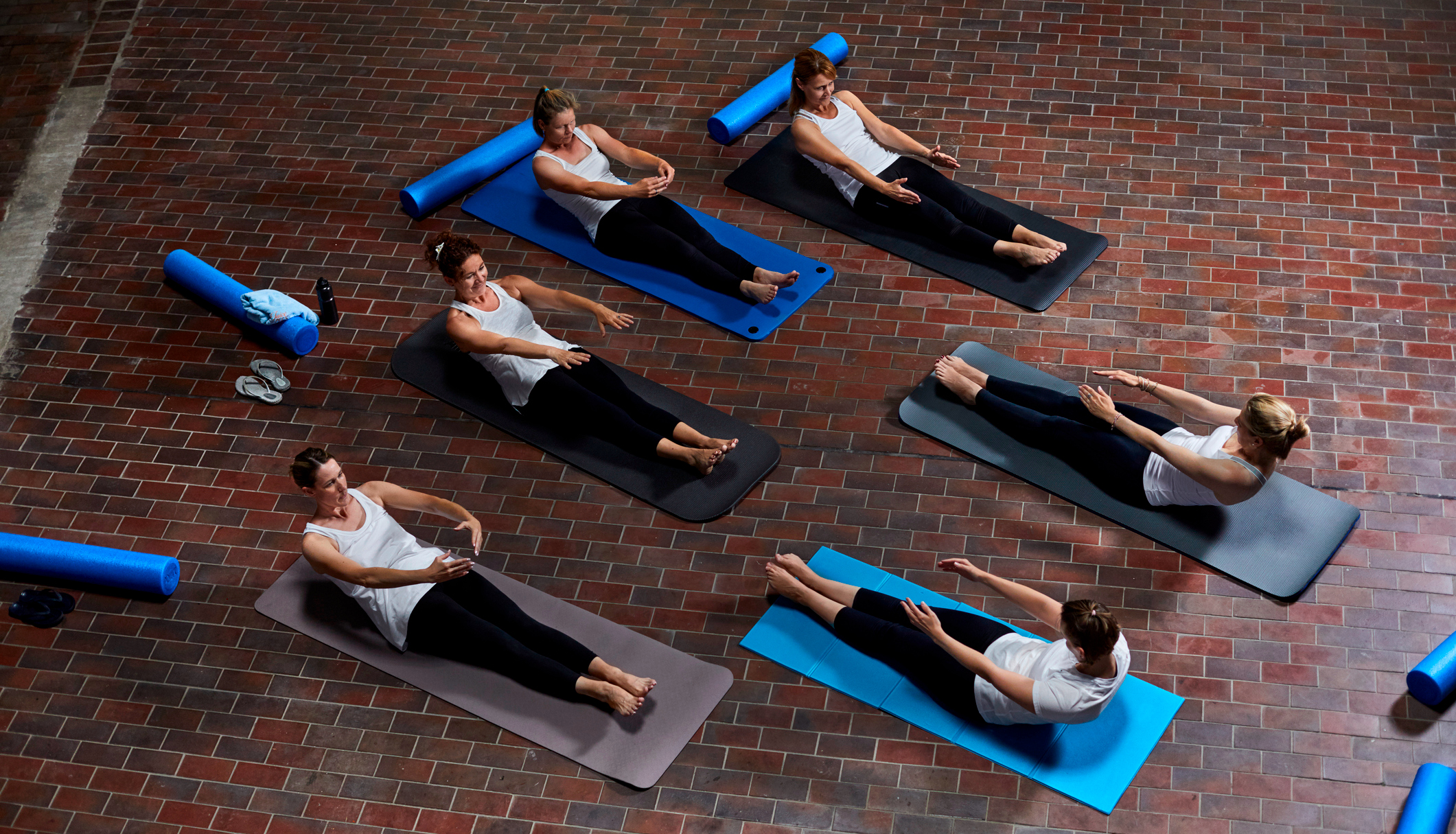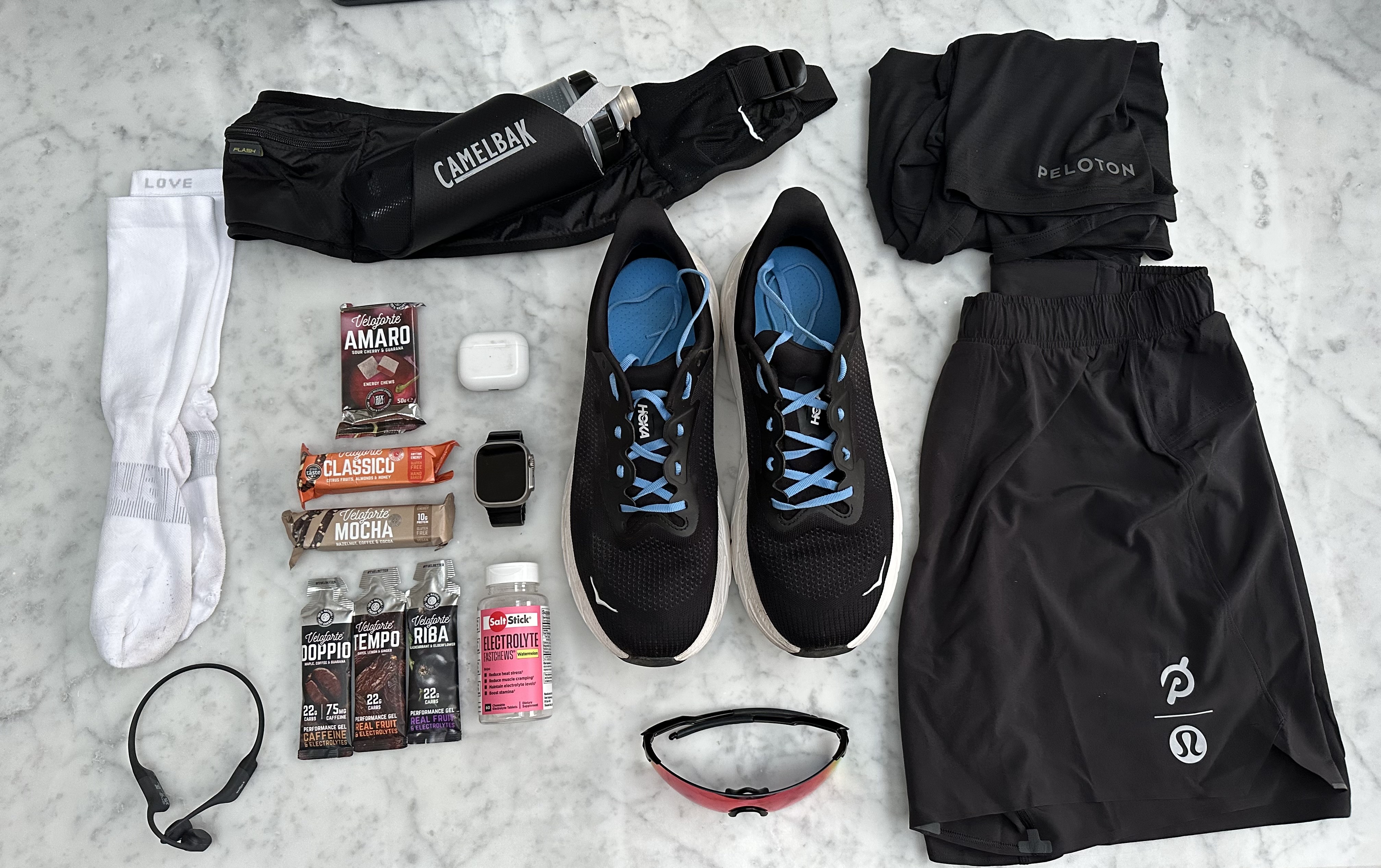Football Supplements: What Amateurs Can Learn From The Pros
Improve your performance on the pitch by fuelling like an elite footballer
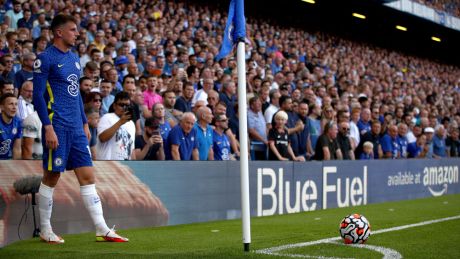
No magic pill will overcome the deficiencies of a poor diet, but if you’re eating healthy, balanced meals designed to support your training, then supplements are a convenient way of nailing your nutrition when putting your body under lots of stress. At the highest levels of football, players use a range of products to ensure they perform at their best during a congested schedule, and while you may not be playing three top-flight games a week, you may be juggling commitments to multiple teams or even sports.
For insight into what pros do, and what average Joes and Jos can learn from them, we spoke to Ted Munson, performance nutritionist at Chelsea FC and one of the team of experts behind sports nutrition brand Blue Fuel.
He detailed the supplements footballers use, in what quantities and when, but – like all sports nutritionists we speak to – he emphasised a “food first” approach. “If you don’t get your pre-match and post-match meal right, recovery is going to be impaired,” says Munson, “and a supplement isn’t going to help that.” Munson recommends eating a larger breakfast on match day, followed by a pre-match meal about three hours before kick-off. Then aim to eat between 60 and 90 minutes after the final whistle.
The other major piece of advice is to try products before you actually need them, especially carb supplements which can cause a dodgy stomach. “Never try anything new on game day,” says Munson. “Practise with it in training and when your heart rate is high, because even at half-time your heart is still in exercise mode, beating at 60/70% of your max. That is going to promote GI [gastrointestinal] distress.”
The Supplements Professional Footballers Use
Here are Munson’s explanations of each supplement.
Protein
Taking on a bit more protein to support muscle recovery is important and protein shakes are a convenient solution.
RECOMMENDED: The Best Protein Powders | The Best Vegan Protein Powders
Get the Coach Newsletter
Sign up for workout ideas, training advice, reviews of the latest gear and more.
Carbohydrates
On a normal, carbohydrate demands might come down to 3-4g per kilo of body mass and it’s quite easy to hit that, but when there’s an increase in games, and on the day before the match and match day itself, players try to hit 7g per kilo. You want to go into a game with full glycogen stores. High-carbohydrate sports drinks between meals on the day before match day is one thing that helps.
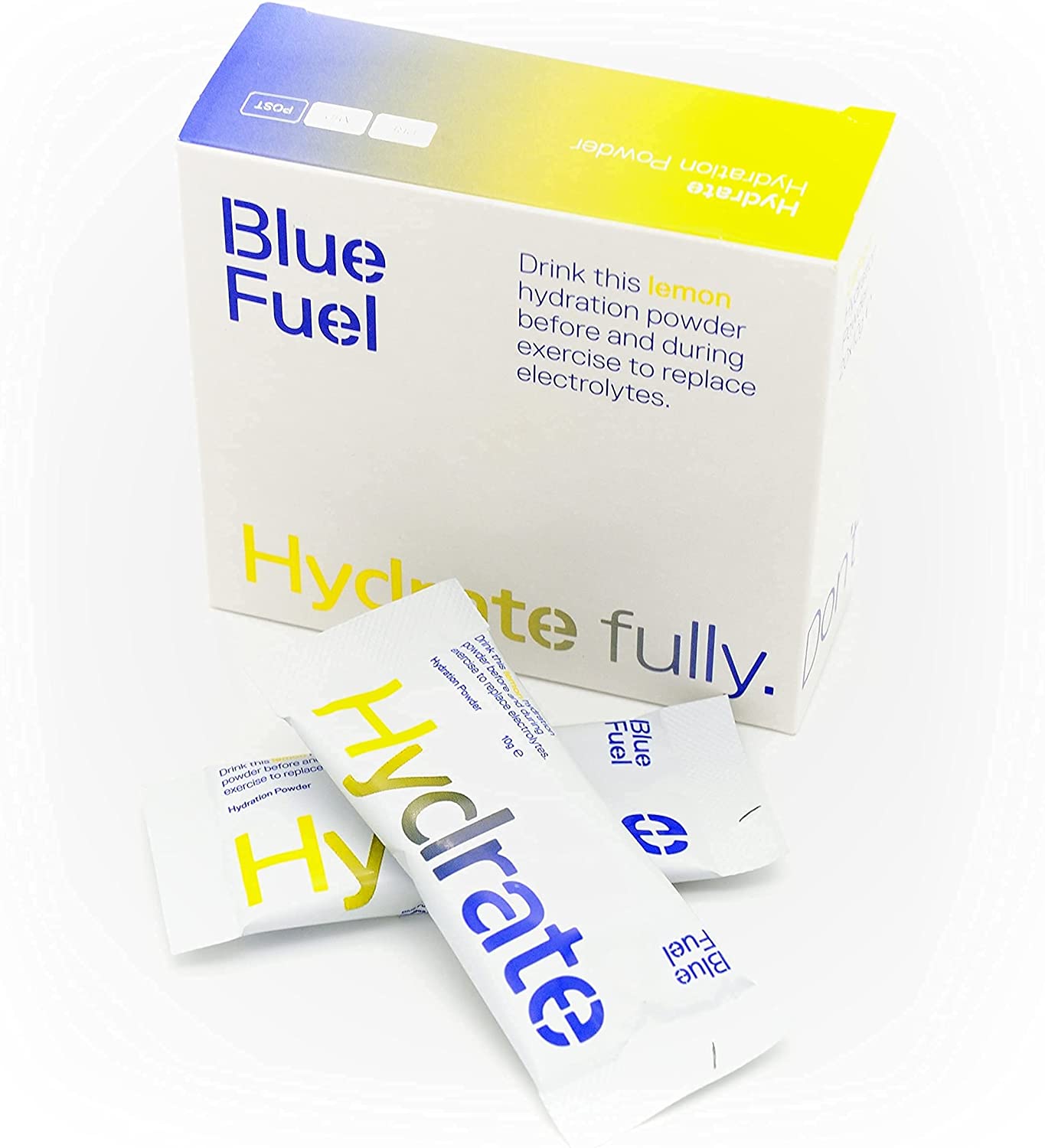
£6.44 (£0.64 / count)
In a full game of repeated sprints you potentially run out of glycogen, your energy stores, around the 80-minute mark. Half-time is the most important time to top up energy stores and rehydrate. Take on around 40-60g of carbohydrates, which can come from a variety of sources – energy gummies, energy gels, sports drinks, whatever suits that individual. I don’t think there’s any right or wrong way of doing it, but choose sources that are easy on the stomach.
GI distress with carbohydrate supplements can be a problem, but it’s all about practice and finding which products work for you. There’s a lot of evidence around combined carbohydrate sources. You might have heard of the 2:1 glucose to fructose ratio. They use different transporters to transport them from the gut to the blood, so that can potentially improve digestion a little bit as well. You could have some energy gummies and half a banana for two different types of carbohydrates.
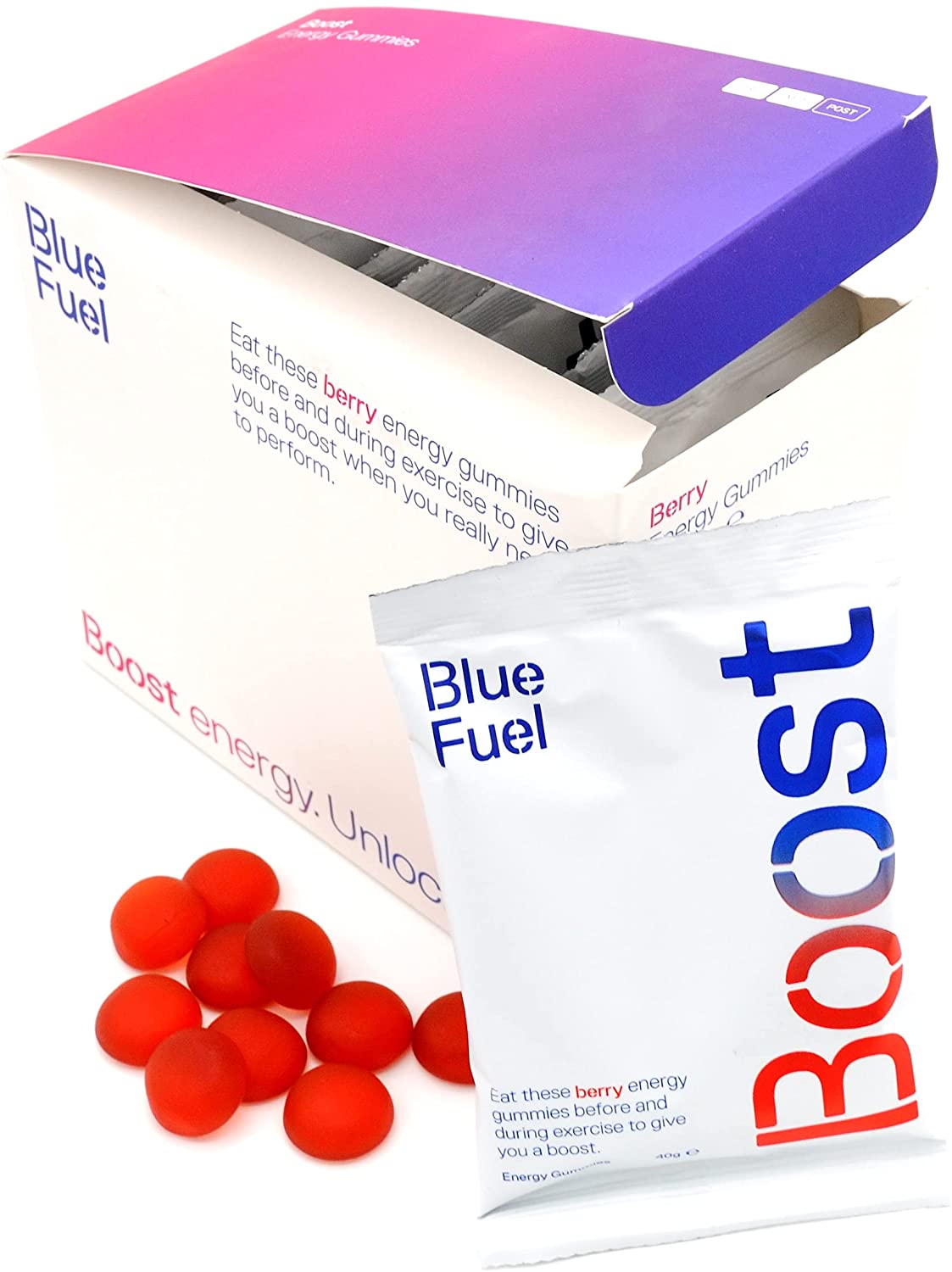
£12.99 (£1.30 / count)
Make sure you’re washing down things with fluid as well, to help transport it through the body. If you are going to have something at half-time, spread it out. Have something as soon as you get into the changing rooms, sip a sports drink or water for 10 minutes, and then have something else before you go out.
Then around the 70- to 80-minute mark it’s a really good time to sip a sports drink or have a couple of gummies, during any natural breaks in play. You’ll see when physios come on in elite football, the players are grabbing things like energy gummies, which have 3 or 4g of carbohydrate in each, to top up.
RECOMMENDED: The Best Energy Gels | The Best Sports Drinks
Hydration supplements
You need electrolytes in your blood because they help you retain fluid and use it more effectively. As an example, if one player has a pint of water and another has a pint of water with electrolytes in it, the player that drank just the water will potentially pee it out a lot faster and their body might not have actually used that. If you lose too much water – more than 2% of your body mass – through sweating, performance can deteriorate. If you become more dehydrated then brain function is lessened, which could affect things like reaction times for a goalkeeper, or a defender’s timing when jumping for a header.

The players have an individual hydration plan. The right amount of fluid to have is based on bodyweight – you want around 5-10ml of fluid per kilo of body mass three hours before, and then drink to thirst in the lead-up, including an electrolyte tab if you know that you’re a salty sweater.
The majority of Premier League and Championship teams do sweat tests, because everybody sweats out different amounts of fluid, and has different amounts of sodium in their sweat. Some players might sweat out two to three times more salt than another player, so they need to take on more sodium through an electrolyte drink, immediately pre-match, and potentially at half-time and post-match as well. Sometimes around training too, depending on the weather.
You can figure out if you’re a salty sweater without a sweat test – you might have salt crystallisation on your clothes after a big session. Or you might even taste the sweat to see if it tastes like seawater.
RECOMMENDED: The Best Hydration Tablets
Recovery supplements
Recovery shakes play a key role just on match day. After a game you’re often not hungry and it’s probably the most important time to take on nutrition. The body wants to take on protein and replace glycogen stores, and your immune function is suppressed immediately after intense exercise. A lot of people jump straight to lean whey protein shakes, but that’s just ticking the muscle rebuild box. A recovery shake contains protein, carbohydrates, vitamins and minerals, and hits all the pillars: recovery, rebuild, hydration, immune function.
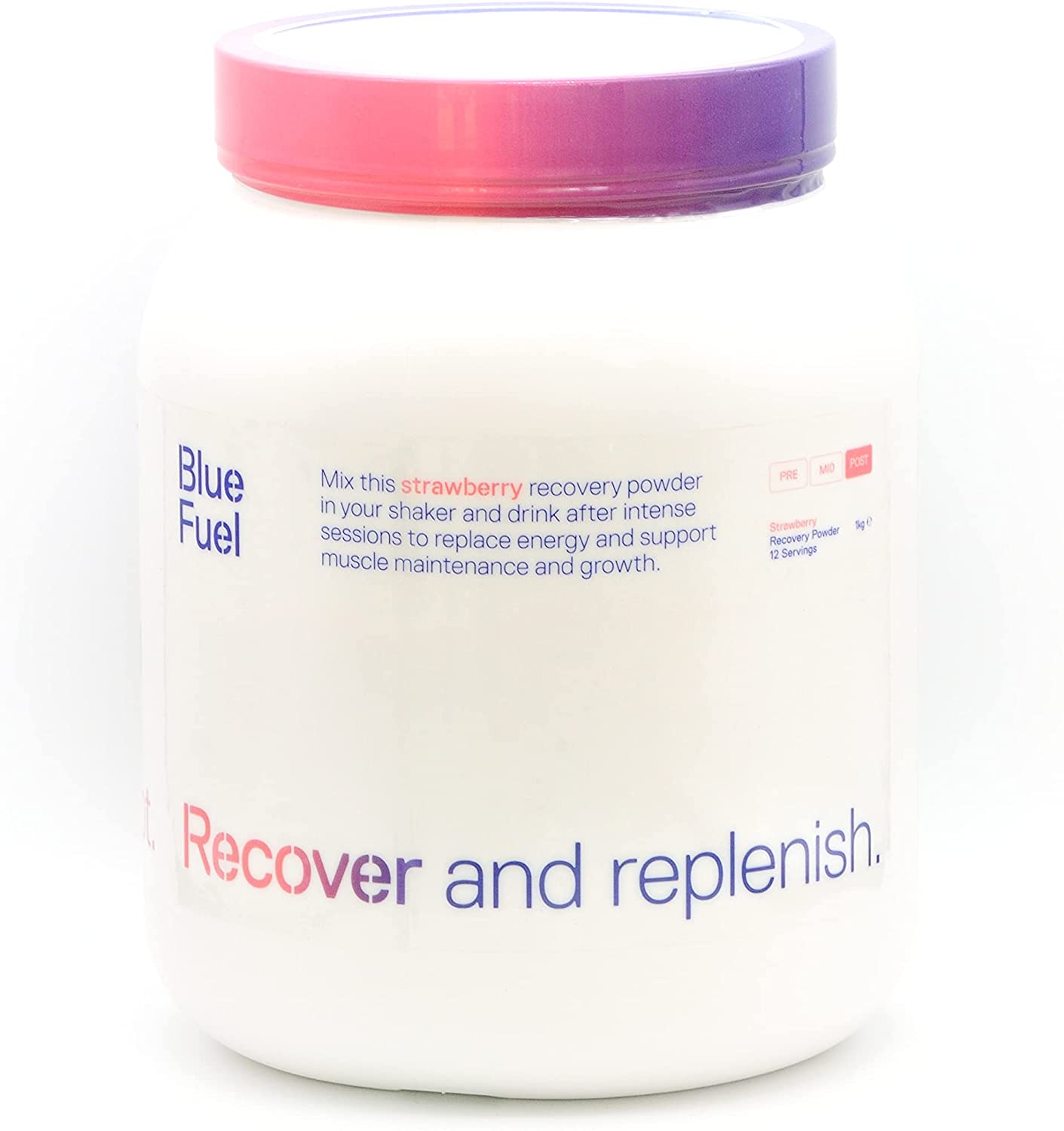
£17.99 (£17.99 / kg)
Micronutrients
Players use multivitamins quite a lot. Sometimes it comes down to whether that individual is eating their five to seven portions of fruit and veggies a day.
A lot of my athletes also use them if they’ve got a specific goal like dropping body fat or improving their body composition by getting into a calorie deficit. If you’re in a calorie deficit that leaves you potentially open to picking up an illness, so that’s a good time to use a multivitamin, along with things like vitamin C and zinc to help support immune function. Athletes are more likely to get ill than non-athletes, because of the amount of exercise they’re doing. Then there’s vitamin D, which helps improve muscle function, and helps support immune function as well.
RECOMMENDED: The Best Vitamin D Supplements
Nitrates
Nitrate increases the dilation of your blood vessels, so it makes them a little bit bigger. That gets more blood around the body so it can deliver oxygen to the muscles faster.
There are beetroot shot supplements, but you can also get nitrates through food like leafy greens and beetroot itself. The correct protocol for nitrates is to either have 500mg of nitrates a day for the five to seven days leading up to the game, or a larger dose two days before match day, like 1g, two shots the next day, and one shot on match day as well.
Caffeine
Caffeine helps reduce the perception of fatigue, so you feel like you’re not working as hard. It can be really beneficial and it’s one of the most researched supplements out there.
People do react differently to caffeine. For some people it can raise the heart rate and make them a bit anxious. Others can’t really tolerate caffeine and it can increase GI distress. Also, if you’re used to having four coffees a day, is a pre-match caffeine supplement going to touch the sides? Probably not, because of your tolerance to caffeine.
The correct dosage for an individual for performance benefit is about 3mg of caffeine per kilo of body mass. That is usually around about 200-300mg, which is quite a lot. When you think about how that works out, you could have a coffee in the morning, around 100mg of caffeine, and you might have another coffee on your way, then have caffeine gummies with another 100mg. Some people like to have all the caffeine pre-match because the half-life of caffeine is around three to four hours, so that will last all match. Some people like to kind of dose it out and have half pre-match, half at half-time.
I recommend combining it with carbs – using carbohydrate supplements with caffeine to tick both boxes, rather than giving you something else to buy and consume.
See related
- The Sports Nutrition Mistakes Amateur Footballers Make
- Tottenham Hotspur’s Performance Nutritionist On How To Fuel For Match Day
- Why How Salty Your Sweat is Matters
Creatine monohydrate
The body makes creatine naturally, and when we get that fight-or-flight burst of energy we use creatine as the energy source. You can supplement with creatine to increase the stores in the body. That basically gives us, in layman’s terms, extra energy – to push out extra reps in the gym or extra intensity in sprints.
If you take creatine without doing gym work, or repeated sprints, it’s not going to do anything. You’ve got to work with it.
In terms of dosages, a lot of people do a loading dose of 20g a day for five to seven days and then drop down to 5g a day.
RECOMMENDED: The Best Creatine Supplements
Beta-alanine
Just as creatine works on short sharp sprints and immediate power, beta-alanine works on strength endurance and power. It increases the muscle carnosine stores, and this helps delay fatigue. Say you’re doing a 30- to 40-metre effort and feel lactic acid building up. That’s hydrogen ions being released into the blood, which makes the blood more acidic. That causes you to slow down because your blood needs to regain pH balance. By taking beta-alanine to increase your muscle carnosine stores, that helps you push through that barrier. It’s ideal for midfielders because you do a lot of 30- to 40-second efforts up and down the pitch – that’s why it’s called the box-to-box supplement.

Nick Harris-Fry is a journalist who has been covering health and fitness since 2015. Nick is an avid runner, covering 70-110km a week, which gives him ample opportunity to test a wide range of running shoes and running gear. He is also the chief tester for fitness trackers and running watches, treadmills and exercise bikes, and workout headphones.



